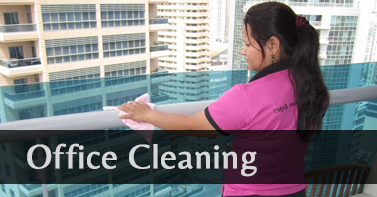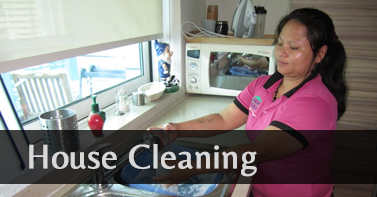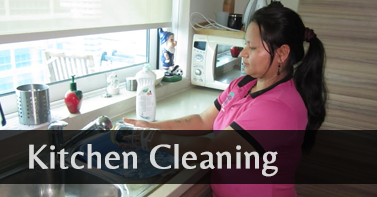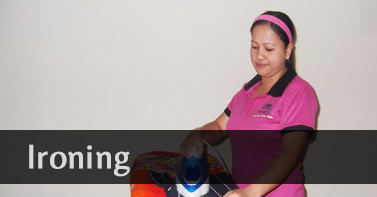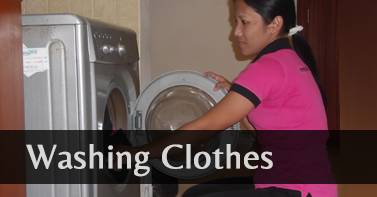Cleaning is cleaning, thus there aren’t many differences between domestic and commercial cleaning. It usually comes down to the tools or materials employed. Professional cleaners, for instance, frequently employ industrial-grade equipment and chemicals that are superfluous for simpler domestic tasks.
However, you might also be shocked by how many household cleaning products and “hacks” are also employed by professional cleaners. A notable example is the time-tested combination of white vinegar and baking soda. Another is hydrogen peroxide, which is covered in more detail later.
Hydrogen peroxide
There are numerous uses for the chemical compound hydrogen peroxide. In personal care products including toothpaste, mouthwash, and some forms of hair colour, it is mostly utilised as an ingredient.
Another typical ingredient in first aid antiseptics is hydrogen peroxide. Compared to chlorine, it is a safer option for treating water because it degrades quickly when it comes into contact with air or water.
Hydrogen peroxide is a very light shade of blue when it is pure. It has one more oxygen molecule than water, making it a stronger oxidizer. This is why it works well to eliminate stains, especially those that are organic in origin.
How does hydrogen peroxide works
Hydrogen peroxide can dissolve stains at the molecular level, which is why it is such a powerful cleaning agent. It mixes with the oxygen molecules in the stain and raises them to the surface so that they can be washed or rinsed out. Hydrogen peroxide is a great deodorizer because the same procedure can also eliminate odours.
Keep in mind that protein and/or carbon stains respond better to hydrogen peroxide treatment. Among them are stains from food, grass, blood, and pee. It’s advisable to use different cleaners if the stains are petroleum-based. Additionally, certain hydrogen peroxide cleansers have an unfavorable pH level for usage on sealed surfaces (e.g., sealed concrete).
Benefits of hydrogen peroxide in cleaning
Being non-toxic and environmentally friendly are two of hydrogen peroxide’s major advantages as a cleaning solution. Only water and oxygen remain once it fades, leaving no hazardous gases or contaminants behind.
In addition to being secure, hydrogen peroxide is also affordable and widely available. It is conveniently available in pharmacies, department stores, and supermarkets. Hydrogen peroxide has also been shown to be effective at killing viruses, fungus, bacteria, and even mould spores, which is possibly even more significant.
Having stated that, here are some cleaning methods using this natural substance:
In Bathroom
- cleaning makeup brushes, toothbrushes, and other personal care items.
- The toilet, sink, and bathtub should all be cleaned and sanitised.
- cleaning water and soap stains out of glass windows and doors.
- cleaning the grout in tile.
In kitchen
- cleaning the kitchen countertops and the areas where food is prepared.
- cleaning sponges used for dishwashing, sinks, and cutting boards.
- cleaning items including stovetops, dishwashers, and microwave ovens.
- cleaning the residue and stains left by dried food from pots and pans.
- vegetable soaking and washing (to extend shelf life).
- cleaning the trash can’s odour.
Things to remember while using hydrogen peroxide
The 3% concentration of hydrogen peroxide is the one that works best for cleaning. This can be put into a spray bottle by combining 1 cup of it with 1 litre, stirring or shaking it thoroughly. The surface or material can then be cleaned by spritzing this solution on it, letting it sit for a while, and then washing or rinsing as necessary.
Add 1 more litre of water to the mixture for a more diluted solution. This is ideal for everyday cleaning. In the meanwhile, you can combine water and hydrogen peroxide in a 50/50 solution for prolonged thorough cleaning sessions.
Use no more concentrated hydrogen peroxide than 5%, as higher concentrations can be dangerous and need special handling. Specifically, very concentrated hydrogen peroxide vapours .
Please be aware that skin that is undamaged cannot absorb 3% to 5% hydrogen peroxide. They might, however, irritate the upper throat, nose, and eyes. Additionally, it is not advised to consume any quantity or concentration of the chemical.
Finally, research has revealed that hydrogen peroxide can leave scars. Make sure to properly cover any wounds that would be exposed to the liquid while cleaning.
Home Maids office cleaning services are provided by highly skilled maids who are incredibly adaptable and can switch between cleaning homes and offices with ease. In light of this, our maids in Dubai are always ready to take on a challenge when it comes to cleaning, and our cleaning services are not limited to offices of SMEs or a major organization. Our adaptability means that size does not matter.

